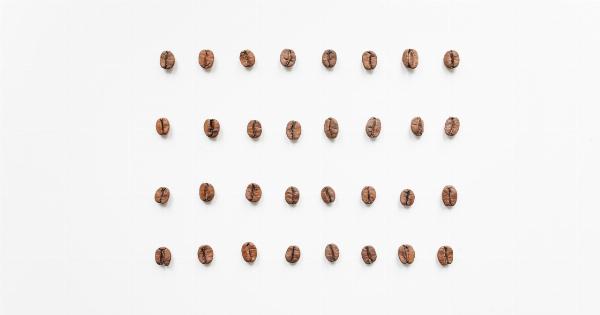The liver is one of the most vital organs in the human body, responsible for numerous crucial functions that support overall health and well-being.
From metabolism to detoxification, the liver plays a key role in maintaining our physical and mental health. In this article, we will explore the importance of the liver in detail.
1. Metabolism
The liver is the central hub for metabolism in our body. It processes nutrients from the food we consume, breaking them down into various substances that our body can utilize.
The liver is responsible for metabolizing carbohydrates, proteins, and fats and converting them into energy, which is essential for various bodily functions.
2. Bile Production
Another critical function of the liver is the production of bile. Bile is a greenish fluid that aids in the digestion and absorption of dietary fats.
Produced in the liver and stored in the gallbladder, bile enters the small intestine and helps break down ingested fats into smaller particles, making it easier for our body to absorb essential nutrients.
3. Detoxification
The liver is responsible for filtering and detoxifying harmful substances that enter our body. It processes drugs, alcohol, and other toxins, converting them into less harmful forms or eliminating them altogether.
Through a complex set of enzymatic reactions, the liver ensures that our body remains free from potentially toxic substances.
4. Storage of Vitamins and Minerals
The liver acts as a storage reservoir for various vitamins and minerals. It stores vitamins A, D, E, K, and B12, as well as iron and copper.
These stored nutrients are released into the bloodstream as and when required, ensuring a steady supply for essential bodily processes.
5. Production of Blood Proteins
Several vital blood proteins essential for maintaining a healthy body are produced in the liver. Albumin, for example, helps transport hormones, medications, and nutrients throughout the body.
The liver also synthesizes clotting factors that play a crucial role in blood clotting, preventing excessive bleeding.
6. Regulation of Blood Sugar
The liver actively regulates blood sugar levels by storing excess glucose as glycogen when our blood glucose levels are high.
When blood sugar levels drop, the liver breaks down glycogen, releasing glucose into the bloodstream as needed to maintain a steady supply of energy for our body’s cells.
7. Immune Function
The liver is closely linked to our immune system. It helps remove bacteria, viruses, and other foreign particles from the bloodstream, preventing infections.
The liver also produces immune factors that aid in fighting infections and regulating immune responses, ensuring robust immunity.
8. Red Blood Cell Breakdown
Old and damaged red blood cells are broken down in the liver. This process, known as hemolysis, releases bilirubin, a yellow pigment. Bilirubin is then processed by the liver and excreted in the bile, giving stool its characteristic brown color.
9. Drug Metabolism
The liver plays a pivotal role in drug metabolism. It breaks down medications and removes them from the body, ensuring their effective elimination from our system.
The liver metabolizes drugs into inactive forms that can be easily excreted through urine or bile.
10. Regeneration and Repair
The liver has an exceptional ability to regenerate and repair itself. Even if a portion of the liver is damaged or surgically removed, it can regrow and restore its functions within a relatively short period.
This unique feature allows for liver transplantation surgeries and makes the liver an exceptional organ.































